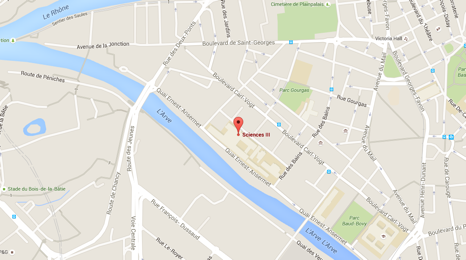highlights
Sediment eDNA metabarcoding reveals the endemism in benthic foraminifera from Arctic methane cold seepages.
Benthic foraminifera are one of the major groups of eukaryotes living at cold seeps on the Arctic seafloor. However, their distribution and endemicity in these habitats have been largely debated. It is still unclear whether foraminiferal species commonly found in cold seeps differ genetically from those in deep-sea environments, and to what extent the seep community is distinct. To address these questions, we analyzed sediment DNA metabarcoding data specifically targeting foraminifera in different deep-water cold seep microhabitats (microbial mats, siboglinid tubeworms field) and reference sites within and outside the seep. Our results revealed microhabitat specificity among benthic foraminifera species. Microbial mats were dominated by a unique type of rDNA sequences assigned to a new lineage of monothalamid (single-chambered) foraminifera not previously reported from any other Arctic location. Other foraminiferal species were found across both seeps and reference stations. This study shows the presence of an endemic benthic foraminiferal species at cold seeps and confirms the existence of many common opportunistic species.
In the Neolithic, agriculture established itself gradually
A study from UNIGE shows that European hunter-gatherers and farmers from Anatolia mixed gradually during the Neolithic.
Understanding Architecture And Evolutionary Patterns In Haplolepidous Peristomes (Dicranidae, Bryophyta) Using Histology And Micro-Morphology
25.07.2023 14:00, Salle de conférence (Museum of Natural History)
Mathilde Ruche (Michelle Price's group).
hosted by: Michelle Price.
Research
Our department hosts 12 research laboratories gathering close to 200 scientists, engineers and technical staff. Research topics cover a large variety of topics, such as developmental genetics and neurogenetics, regeneration, evo-devo, physics of biology, phylogenetics or anthropology.
moreevents
-
25 Jul
Understanding Architecture And Evolutionary Patterns In Haplolepidous Peristomes (Dicranidae, Bryophyta) Using Histology And Micro-Morphology
-
30 Aug
to be announced
-
29 Sep
Mechanobiology of cell shape control
contact
Department of Genetics and Evolution
Quai Ernest-Ansermet, 30
1205 Geneva
Switzerland
office: 4002A
T: +41 22 379 67 85
 more
more
